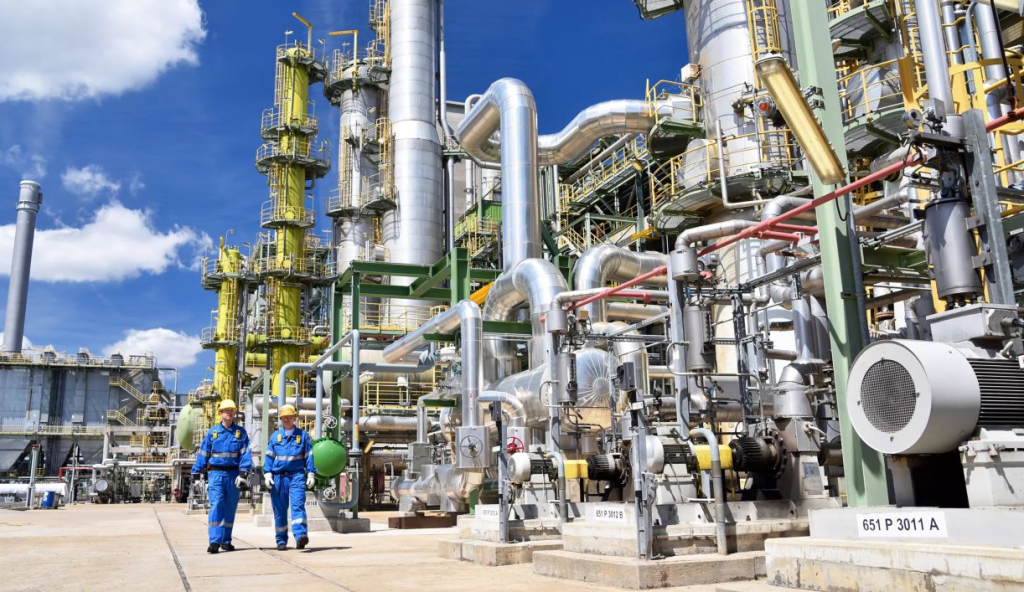November 14, 2024 – The global chemical industry and its derivative sectors are currently grappling with a series of significant challenges, with the reelection of Donald Trump and the ongoing strike at major Canadian ports emerging as the two pivotal factors destabilizing the market. Industry analysts predict that a second Trump administration could escalate global trade tensions through potential policies that introduce uncertainties for American importers and exporters. His protectionist and anti-globalization stance might lead to increased tariffs and trade barriers, directly impacting the import costs of chemical raw materials and subsequently driving up market prices for chemicals and plastic products. This shift could force the industry to reevaluate and adjust its global supply chain layout.

Moreover, a lax approach to environmental policies under a continued Trump administration could weaken regulations on plastic production and usage, resulting in a surge of chemical waste entering the market. While this might temporarily reduce production costs, it poses a long-term threat to the plastic recycling industry by potentially diminishing demand for recycled materials and hindering the development of a circular economy. This trend has sparked concern not only within the United States but also ignited widespread discussions across the globe, as reported by ColorMasterbatchIndustry.com.
Simultaneously, the prolonged strike at key Canadian ports has severely disrupted the chemical supply chain in North America and beyond. These ports, crucial for the import and export of chemical and plastic products, have seen transport delays and inventory backlogs due to the strike, causing raw material shortages and driving up transportation costs and prices. For chemical companies and plastic manufacturers reliant on imported materials, this has been an unexpected challenge.
Further exacerbating the situation, the strike has added to supply chain uncertainties, compelling many businesses to reroute logistics or seek new suppliers. These changes have not only increased operational costs but also risked production disruptions, particularly for downstream industries that depend on chemicals as raw materials.
Under this dual pressure, the plastic recycling industry faces unprecedented challenges, including tight supply of recycled plastics, the risk of decreased demand, and potential uncertainties in environmental policies. However, crises often present new opportunities. In response to these challenges, chemical and plastic companies can explore diversified supply chains and logistics options to mitigate risks associated with single supply channels. Additionally, enhancing technological innovation in recycled materials to improve the quality and competitiveness of recycled plastics is crucial. Furthermore, developing long-term environmentally sustainable strategies that align with the global green economic transition is imperative for the future growth of these enterprises.
In conclusion, the reelection of Donald Trump and the Canadian port strikes have posed dual challenges for the chemical, plastic, and plastic recycling industries. Nonetheless, opportunities exist amidst the crises. Industry stakeholders must remain vigilant and flexible, actively adapting to market changes, seeking new development opportunities, and strategizing for future growth amidst adversity to drive continuous adjustment and upgrading of the sector.














